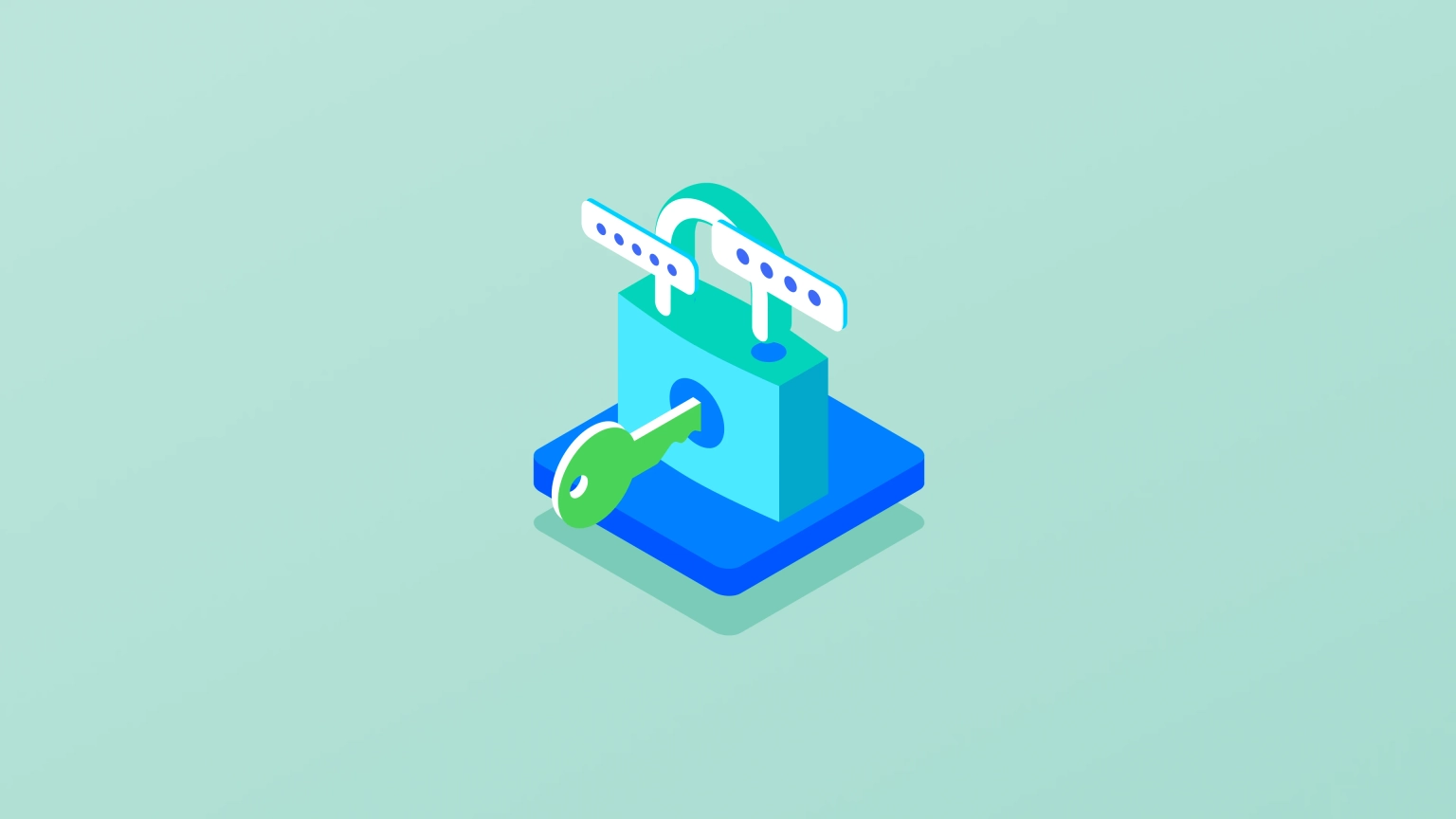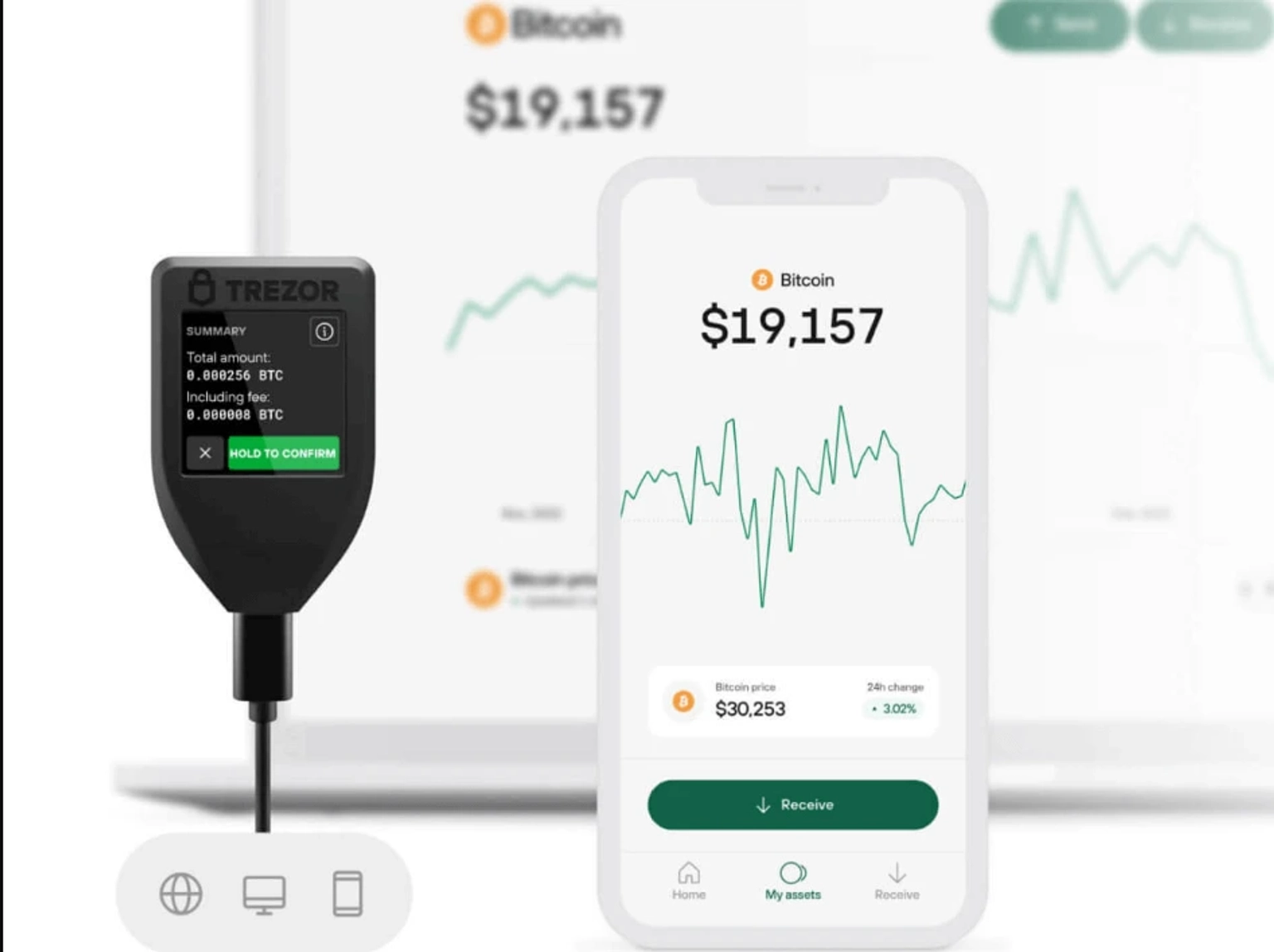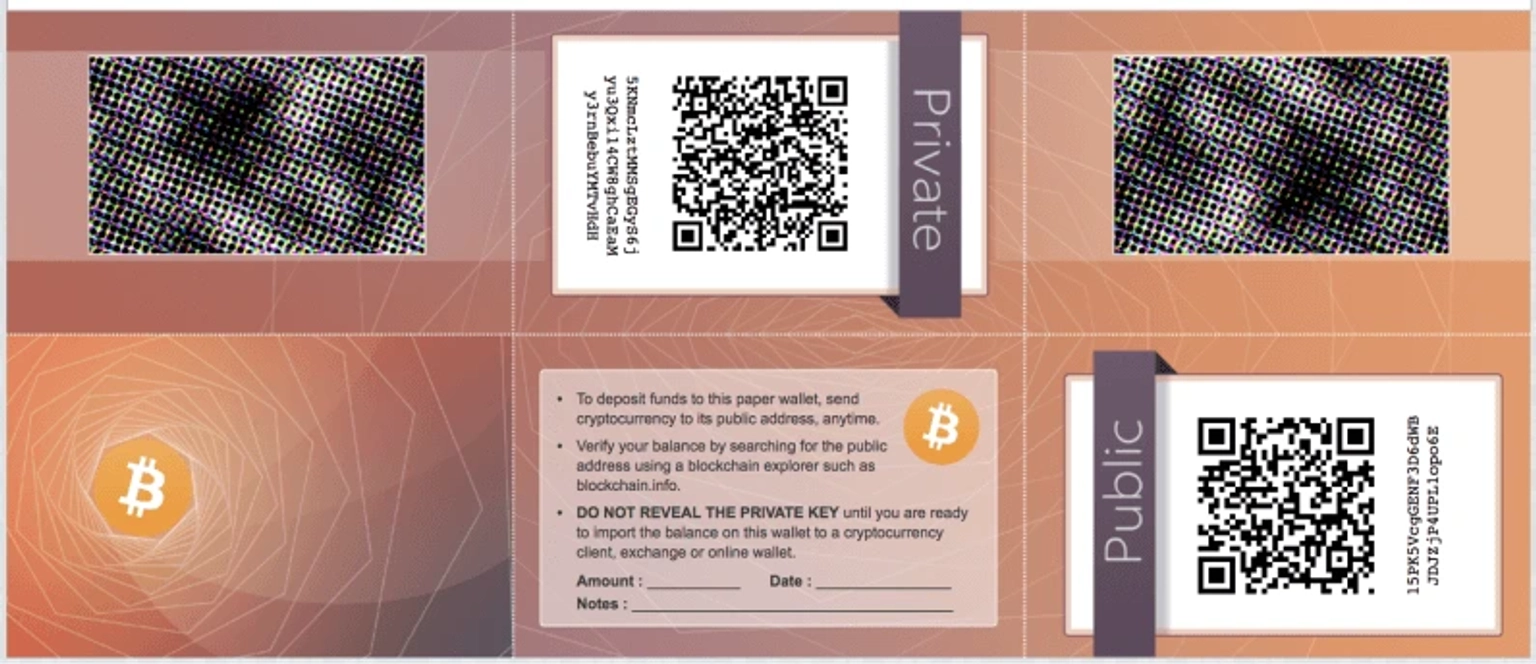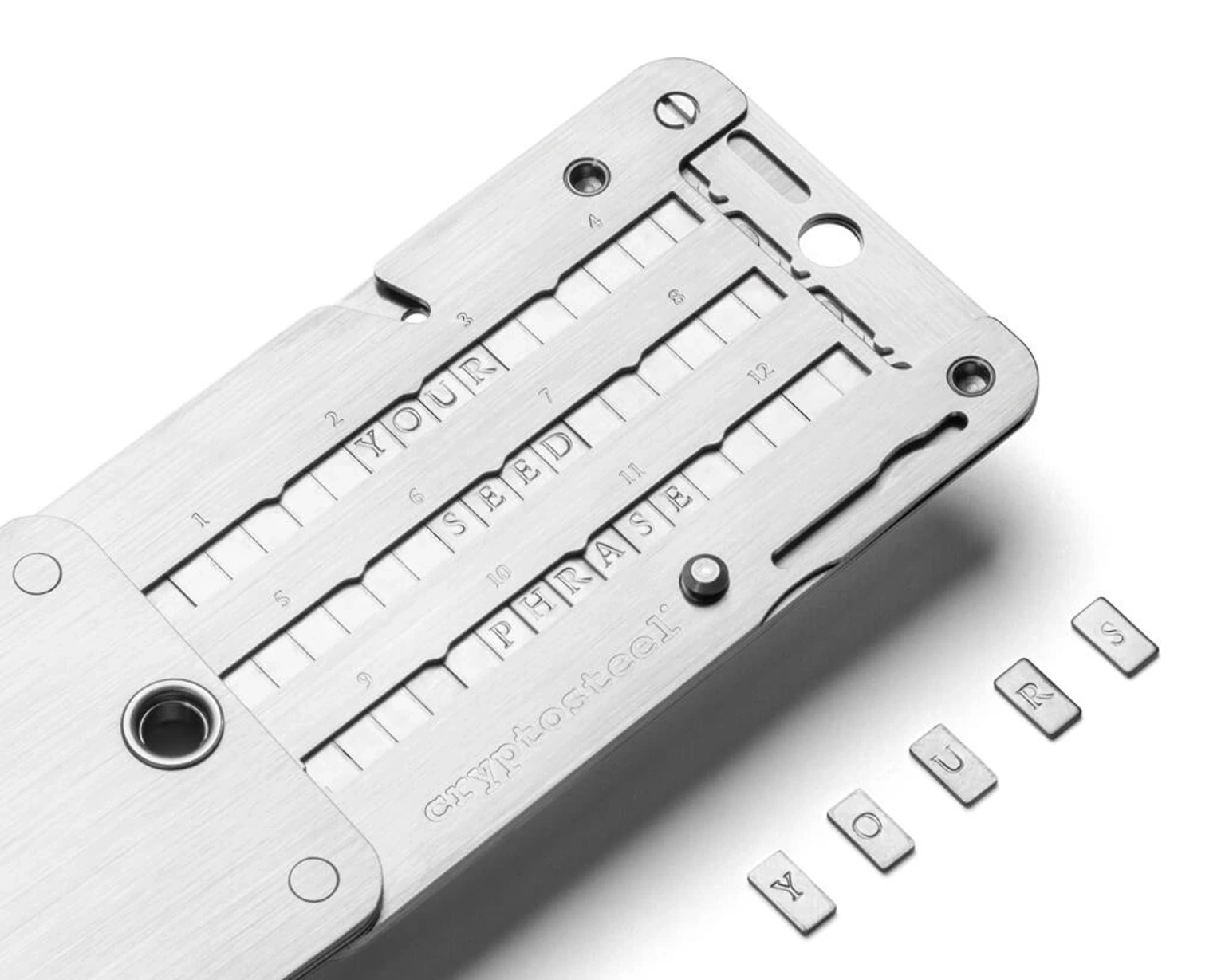
Collaboration between Neptune Mutual and SushiSwap
Explore Neptune Mutual's ongoing collaboration with SushiSwap offering several benefits.
Youtube Video
Playing the video that you've selected below in an iframe

An article on the importance and different ways to protect private keys of Crypto Wallets
Crypto and Decentralized Finance (DeFi) have seen significant advancements in recent years, with projects focusing more on decentralization, scalability, ease of use, and security. This has projected a limelight on the blockchain space, attracting the attention of many users, enterprise ventures, as well as malicious actors.
The decentralized, permissionless, and trustless nature of blockchain is both its biggest benefit and its biggest problem. Cryptocurrency traders can completely control their wallets and digital assets. However, it's important to secure sensitive account information, such as private keys, since losing them could mean losing all your crypto funds.
We're here with a detailed article on how to store your private keys.
A private key is similar to a password, comprising a complex alphanumeric code that acts as the key to access and manage your cryptocurrency funds. When you start engaging with digital currencies, you receive two keys for your digital wallets: a public key and a private key. A public key is a code that can be shared to send and receive funds, and a private key is a confidential string of characters that functions as the key to your virtual vault. If you want to spend your tokens or funds, you use your private key as a digital signature to prove you control the wallet and that the transaction is valid.
As long as your private key remains secure and undisclosed, your funds are safeguarded and accessible worldwide via the internet. Public and private keys play an essential role in cryptocurrencies, enabling users to conduct transactions without the need for third-party verification. It's vital to keep your private key confidential, as it grants complete control over your cryptocurrency assets.
Any compromise of the private keys could jeopardize the digital assets and tokens in the wallet. Ensuring the security of your private key is crucial to protecting your funds from unauthorized access and potential loss. Apart from them, there are several important aspects to managing private keys properly.
Here are the reasons why you need to secure and manage your private keys:
The exact way transactions are handled varies between wallets, but keys are the only way to manage accounts and ensure the safety of funds. There are systems such as Ethereum's Account Abstraction that aim to make account management more user-friendly
#Ethereum founder, @VitalikButerin recently discussed the importance of Account Abstraction, and how it could pave the way for mainstream adoption 🚀
— Neptune Mutual (@neptunemutual) August 23, 2023
But.. what exactly is Account Abstraction (AA)? And why does it matter? Learn more in our blog 👇https://t.co/vCLaGfjYqr pic.twitter.com/LKACyQ1XPj
There have been developments in this aspect, and a few protocols have introduced some account abstraction features. But for now, users have to understand the importance of securing the private keys and keep on using the private keys as the primary means of securing their digital assets.
Some of the ways to store private keys safely are discussed below.
A hot wallet refers to a crypto wallet that is actively connected to the internet, allowing for convenient and immediate access to digital assets.
If you're a DeFi trader who moves tokens around a lot, you'll want to have a convenient hot wallet on your phone or computer that you can use to sign transactions. Hot wallets are not recommended to store significant wealth. If your phone or computer gets hacked, the private keys could be exposed.
Good digital hygiene can reduce the risk of this, but viruses and malware targeting crypto wallets are common in the cryptocurrency industry.
Certain security measures can help enhance the protection of private keys in hot wallets.
Multi-Factor Authentication (MFA): Implementing MFA adds an extra layer of security by requiring multiple forms of verification, such as a password and a unique, time-sensitive code, before granting access to the wallet.
Regular Security Updates: Ensuring that your hot wallet software is regularly updated with the latest security patches and protocols can help mitigate potential vulnerabilities and safeguard your private keys.
Trusted Wallet Providers: Choosing reputable wallet service providers that prioritize security and employ robust encryption standards can significantly enhance the overall security of your wallet.
Do you own any crypto?
— Mark Zuckerberg (Parody) (@MarkCrtlC) October 24, 2023
Just got mine in a cold wallet. pic.twitter.com/0HgJDjDAPg
Using hardware (cold) wallets is probably the most secure method for safeguarding private keys and ensuring the security of your crypto holdings. Hardware wallets ensure that your private keys are kept offline, away from the reach of online threats like hackers, malware, and phishing attacks.
The hardware wallets secure private keys using security features such as secure chip technology, PIN protection, backup, physical verification, and so on. Some of the popular hardware wallets to use these innovations are Ledger and Trezor.

For more details on crypto wallets and types of different types of wallets, check out our blog on beginners’ DeFi wallets guide.

Paper wallets are an old-school yet highly secure method for storing private keys offline. They involve generating a private key offline and then printing it on a physical piece of paper, which can be stored in a secure location. The advantage of a paper wallet lies in its resistance to online hacking attempts, ensuring the safety of your digital assets. To create a paper wallet, you can utilize various online services, such as bitaddress.org.
It's vital to take specific precautions to ensure the longevity and security of a paper wallet. Using high-quality paper and ink is essential to prevent degradation over time. Moreover, storing the paper wallet in a safe, dry, and fireproof location is crucial to prevent physical damage or loss.
Inscribing private keys onto physical objects is a growing trend within the cryptocurrency community, providing an additional layer of security for the keys and digital assets. Cryptoart, for instance, involves embedding private keys into pieces of art, such as paintings or sculptures, thereby merging the worlds of physical and digital assets. This ensures the security of the private keys by keeping them offline and away from potential cyber threats.
Similarly, products like Cryptosteel offer a robust and durable solution for inscribing private keys onto a physical medium.

Cryptosteel is a stainless steel tool designed for the secure storage of private keys and sensitive information, capable of holding up to 96 characters. It provides excellent protection against fire and water damage, ensuring the safety of your valuable data. Compatible with various hardware wallets like Trezor, Ledger, and popular crypto applications, Cryptosteel offers a straightforward and reliable way to safeguard and retrieve your private keys.
One thing that many newcomers to cryptocurrency should remember is to back up the seed phrases associated with their wallets. A seed phrase is a combination of random words that represent your private key.
You might lose your private keys even if you have taken the above-described measures to safeguard them. Hardware and software wallets could fail, and your paper wallet or key-inscribed metal could get lost or destroyed. In those cases, the backup of the seed phrases becomes useful.
Thus, storing your seed phrase somewhere safe is important. Some people choose to use a password manager for this, but others prefer entirely offline methods for extra safety.
As cryptocurrency technology evolves, key management is getting easier. But for now, there are many pitfalls. So, apart from the methods mentioned above, you can try other measures to make sure your keys are secure.
Before you transact a large amount of funds into any wallet, do some test transactions. Then try recovering the wallet on another device to make sure you can do so. Make copies of your seed phrases and store them safely and out of sight. This ensures that you have a reliable backup plan for your keys in case of loss or damage.
Once you have a systematic approach to taking care of your private keys, you'll be able to rest easily knowing your wealth is safe.
When it comes to security in the blockchain and Web3 space, Neptune Mutual is a protocol that looks forward to seeing further advancements. Securing the private keys is essential to ensuring the protection of users’ funds. Neptune Mutual is also working with the same objective, i.e., protecting users’ funds from threats in the DeFi space.
At Neptune Mutual, we are aiming to provide users with protection for their valuable assets and investments through coverage. We have a cover marketplace in three different chains: Ethereum, Arbitrum, and BNB smart chain.
If you have a project in DeFi, CeFi, or Metaverse, we can help you create cover pools in our marketplace for protecting your project and users. You can reach out to us through our contact page if you need to create cover pools for your projects.
To learn more about Neptune Mutual, you can follow our X (Twitter) and join our Discord.